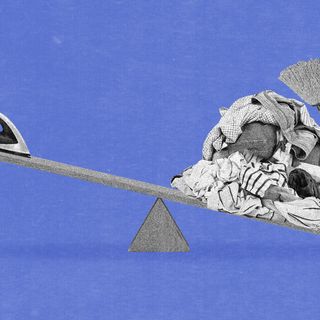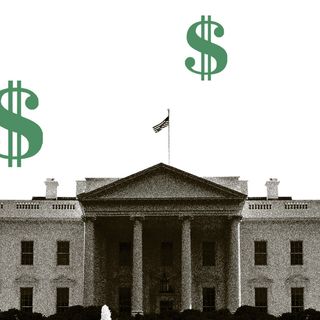A new analysis suggests that the cost of preventing further pandemics, in the form of policy changes over the next ten years, would equate to just two percent of the estimated economic damage caused by Covid19.
Published in Scienceyesterday, a multi-disciplinary team of epidemiologists, wildlife disease biologists, conservation practitioners, ecologists, and economists, have argued in the paper that spending about USD 260 billion over the next decade would substantially reduce the risks of another pandemic on the scale of the Covid19 outbreak, which has had an estimated impact of USD 11.5 trillion on the world economy. The experts believe that cutting deforestation by 40 percent in several places, as well as better regulation of wildlife trade, could usher that change. There is a clear link between deforestation and virus emergence — as people continue to transform natural habitats into agricultural land, forest edges become a “major launchpad” for zoonotic diseases to jump from their native animals onto humans.
As part of the analysis, the researchers assessed the costs of monitoring and preventing disease spillover due to loss and fragmentation of tropical forests to create a summary of prevention costs, benefits and break-even probabilities. While the biggest recommendation in the analysis was reduction of deforestation, the researchers also pushed for governments to devise better mechanisms for early detection and control of zoonotic diseases. “It’s naïve to think of the Covid19 pandemic as a once in a century event. As with anything we’re doing to the environment, they’re coming faster and faster, just like climate change,” Andrew Dobson, professor of Ecology and Evolutionary Biology at the Princeton University, who led the analysis, told The Guardian.
Related on The Swaddle:
UN Biodiversity Chief Calls for Ban on Wildlife Markets. But Is It Feasible?
The analysis was welcomed by the United Nations Environment Program, the World Health Organization, and the World Economic Forum (WEF). “Covid19 has shown us that human beings and our economic activity depend on the planet’s ecological balance. If we continue to push against this delicate balance, we do so at our peril,” Akanksha Khatri, head of WEF’s Nature Action Agenda, said. In fact, last week, WEF had proposed a host of post-Covid19 measures for boosting the economy in an environment-conscious way that could create 400 million jobs, and generate USD 10 trillion in business value each year by 2030.
As we emerge from the pandemic-prompted economic crisis, the focus of most governments around the world would be on economic recovery — and this analysis shows us that that can be achieved without de-prioritizing environmental concerns, which countries are wont to do, usually because of economic concerns. The analysis acknowledged it as well: “…economic priorities may shift to deal with soaring demands from unemployment, chronic diseases, bankruptcies, and severe financial hardship of public institutions. Nonetheless, there is substantial evidence that the rate of emergence of novel diseases is increasing.”
“Investment in prevention may well be the best insurance policy for human health and the global economy in the future. We could stop future pandemics before they start,” Professor Stuart Leonard-Pimm, a biologist and theoretical ecologist specializing in scientific research of biodiversity at Duke University, who was part of the research, concluded. “As we emerge on the recovery side of Covid19, we cannot afford a piecemeal approach to tackling diseases… action now will save us billions in future costs,” Inger Anderson, Executive Director of the UNEP, said.




